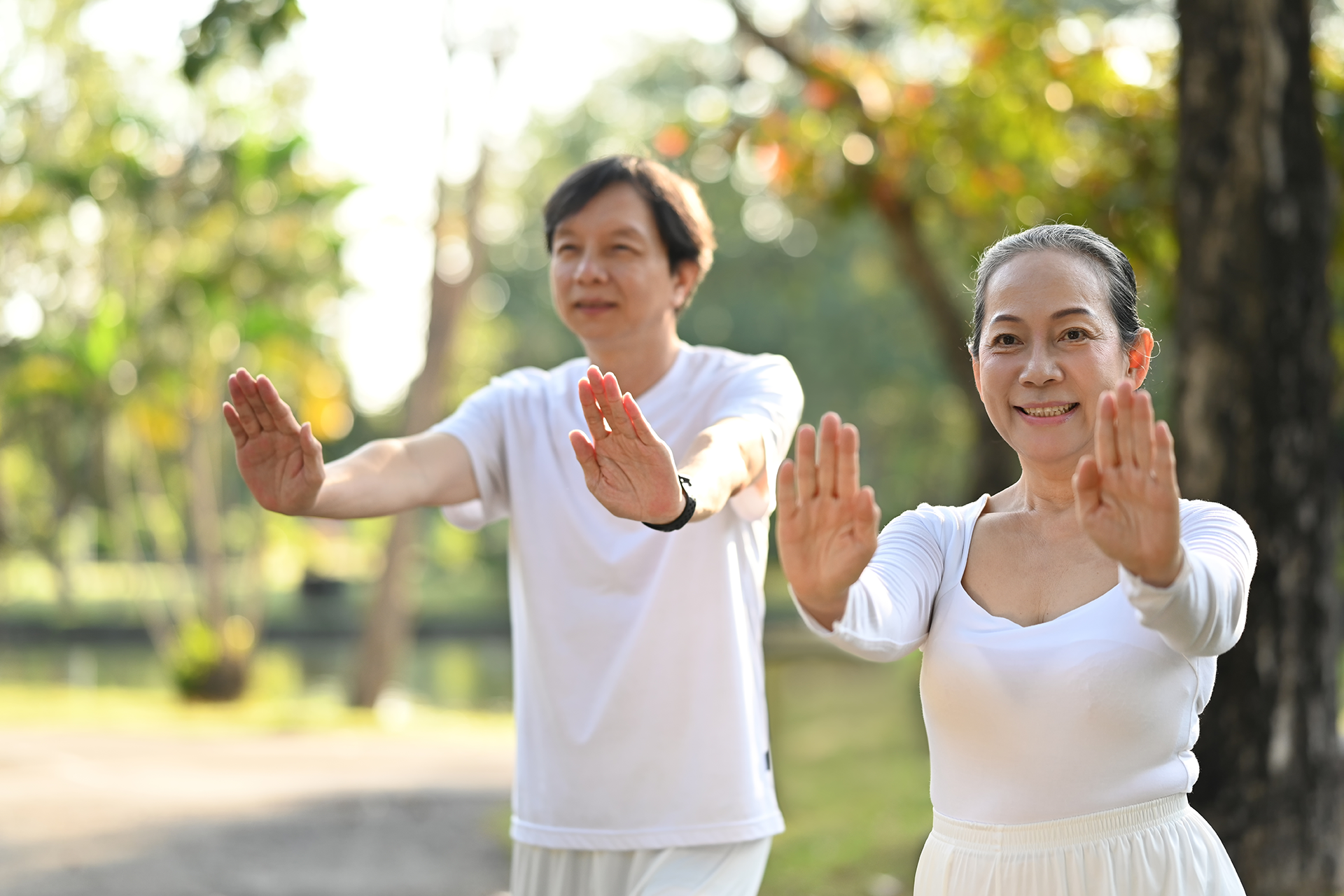Overview
With longer life expectancy and declining birth rates, an ageing population is a significant challenge that Singapore and other first-world nations face.
SIT’s Graduate Certificate in Adult and Geriatric Rehabilitation (GCert AGR) is designed with a clinical focus to deepen and broaden the skills of allied health professionals, enabling them to apply scientific learning and knowledge to the clinical applications of healthcare for elder persons. It supports Singapore’s efforts to build a future-ready healthcare workforce and meet the rehabilitation needs of an ageing population facing chronic diseases.
Each module, worth 6 credits, can be taken individually or stacked towards a Graduate Certificate in Adult and Geriatric Rehabilitation.
Modules Available
Modules are stackable towards a GCert AGR. They can also be taken individually.
Candidates will be awarded a GCert AGR if they pass 3 modules totalling 18 credits (including 1 core module) within 2 years with a CGPA of ≥ 2.0, which can then be stacked to SIT's Master of Health Sciences.
Duration
Each module is around 12 – 14 weeks in duration. Candidates are expected to set aside time for self-directed learning for the entire duration of the module.
Prerequisites
- Related and relevant health-science-related qualifications and working experience
- Submission of the following documents:
- Employment support letter (Includes applicant's area of work)*
- Recognised BSc degree in physiotherapy or occupational therapy registrable with the local regulatory bodies*
- Transcript of highest relevant qualification*
- Professional certification
- Answers to the following questions:
- Your reasons for pursuing the module (100 - 150 words)
- Why did you select SIT over other academic institutions? (100 - 150 words)
- What do you hope to achieve at the completion of the module? (100 - 150 words)
Note:
* Mandatory Documents
Core Modules
You are required to complete either one of the Core Modules.
| Code | Module | Credits |
|---|---|---|
| HSC6002 | Evidence-based Practice and Ethics | 6 |
| HSC6003 | Health and Ageing | 6 |
Specialist Modules
You are required to complete the following two Specialist Modules.
| Code | Module | Credits |
|---|---|---|
| HSC6004 | Principles and Practice of Elder Person Rehabilitation | 6 |
| HSC6006 | Motor Control and Learning | 6 |
Note:
-
The above modules are subsidised by SkillsFuture Singapore.
-
Specialist Modules are known as Discipline Electives under SIT's Master of Health Sciences programme.
Certificate and Assessment
A Certificate of Attainment for each module will be issued to candidates who
- Attend at least 75% of each module, and
- Undertake and pass credit-bearing assessment during the module
Participants who meet the attendance requirement but do not pass the assessment will receive a Certificate of Participation.
Frequently Asked Questions
-
How does stacking to SIT's Master of Health Sciences work?
Our Graduate Certificate in Adult and Geriatric Rehabilitation includes one core module and two specialist modules (also known as Discipline Electives). These modules are also components of the Master of Health Sciences programme. By completing the Graduate Certificate, you can transition into the Master of Health Sciences programme and apply these credits towards earning the MHSc degree.
Explore More Courses
Designed for busy professionals and executives, our courses are designed for those with ambition to grow in their career. Discover new opportunities to explore and hone your craft with us.
New Engineering Micro-credentials Launching Soon!
Exciting news! We are introducing new micro-credentials in Electrical and Electronic Engineering & Infrastructure and Systems Engineering. Be among the first to know by registering your interest today! Register now →
